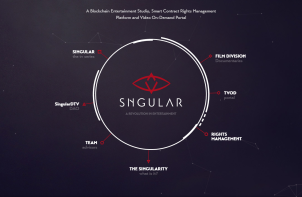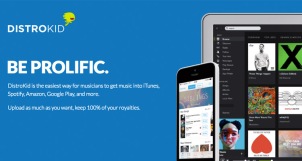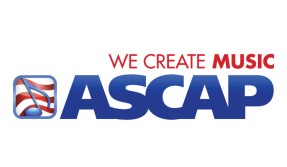 The Society of Composers, Authors and Music Publishers of Canada (SOCAN) has topped $300 million (CAD) in total revenues from its membership for the first time since forming in 1990 after a merger between two PROs, CAPAC and PROCAN.
The Society of Composers, Authors and Music Publishers of Canada (SOCAN) has topped $300 million (CAD) in total revenues from its membership for the first time since forming in 1990 after a merger between two PROs, CAPAC and PROCAN.
The performance rights organization collected CAD $307.8 million ($240.04 USD) in domestic and international royalties for the fiscal year ending Dec. 31, 2015, from the performance of music from more than 135,000 songwriters, composers and music publisher members. (A preliminary financial report released in January put the figure at $310 million).
Source: Canadian Performance Rights Org SOCAN Collects $307.8 Million | Billboard

 Paul Harrington, a leading session player on harmonica based in Rockwall, Texas, today announced that after a lengthy quest he has received digital session royalties for the Pitbull track, “Timber,” featuring Ke$ha.
Paul Harrington, a leading session player on harmonica based in Rockwall, Texas, today announced that after a lengthy quest he has received digital session royalties for the Pitbull track, “Timber,” featuring Ke$ha.



 The formal comment period in the Federal Communications Commission’s set-top box proceeding closed this week after tallying 256,747 submissions. Most were canned comments submitted by consumers who had been rounded up for the purpose by interest groups on both sides of the issue. But the controversial proposal to require pay-TV providers to
The formal comment period in the Federal Communications Commission’s set-top box proceeding closed this week after tallying 256,747 submissions. Most were canned comments submitted by consumers who had been rounded up for the purpose by interest groups on both sides of the issue. But the controversial proposal to require pay-TV providers to 


 ce the demise of the long-running-but-never-launched Global Repertoire Database (GRD) there has been a lot of debate over what comes next for digital rights reporting. The songwriter class action suits in the US against Spotify are the natural outcome of more than one and a half decades of failing to deal with the forsaken mess that is compositional rights in the digital era.
ce the demise of the long-running-but-never-launched Global Repertoire Database (GRD) there has been a lot of debate over what comes next for digital rights reporting. The songwriter class action suits in the US against Spotify are the natural outcome of more than one and a half decades of failing to deal with the forsaken mess that is compositional rights in the digital era.

 Since the CRB has raised the per-stream rate, it has made it harder for Pandora to survive. Scaling for Pandora was anyway a double-edged sword, always requiring higher payments to rights holders. Initially, those right holders had agreed on easier rates to allow growth and, back then, the establishment of Pandora. But Internet radio is now well developed, and the majors are not as easy going. The collective licensing agreement with SoundExchange is practical for Pandora though unpalatable, and unless Pandora can offer other services for a discount, such as the promotion of new releases, little will change.
Since the CRB has raised the per-stream rate, it has made it harder for Pandora to survive. Scaling for Pandora was anyway a double-edged sword, always requiring higher payments to rights holders. Initially, those right holders had agreed on easier rates to allow growth and, back then, the establishment of Pandora. But Internet radio is now well developed, and the majors are not as easy going. The collective licensing agreement with SoundExchange is practical for Pandora though unpalatable, and unless Pandora can offer other services for a discount, such as the promotion of new releases, little will change.



 Concurrent Media Strategies, LLC, publisher of the
Concurrent Media Strategies, LLC, publisher of the 